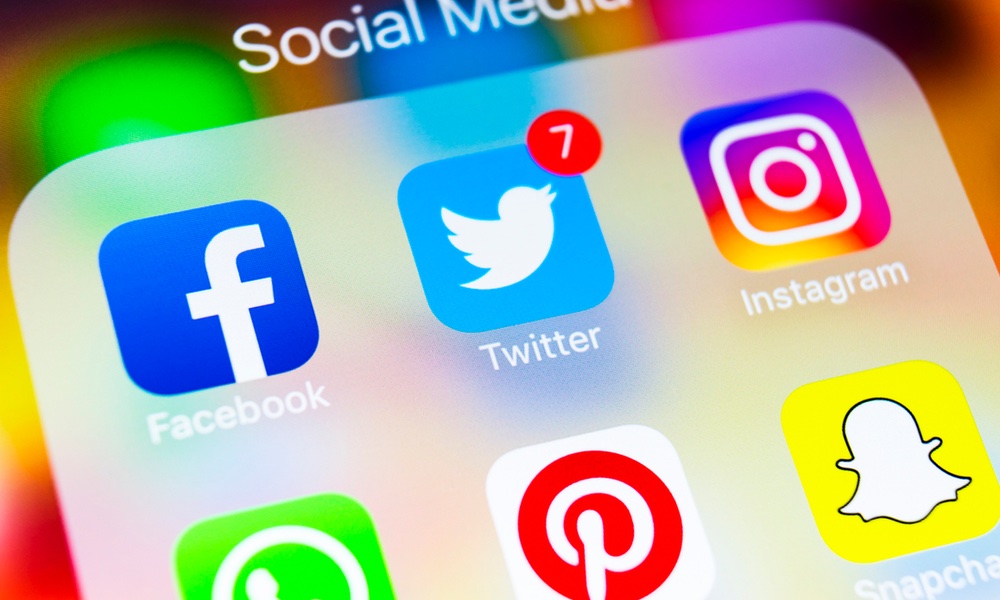We often hear that late-night snacking is a bad idea, but now research shows just why this is true. The body’s internal clock regulates calorie expenditure very differently at night vs. day. Therefore, as important as what you eat may be when you eat.
The authors of the new study put mice on high-fat diets. Half of the mice were allowed to eat ad lib – meaning they had full access to food, 24 hours a day. The other half could only eat during an eight-hour window. (Control groups ate regular lab chow instead of high-fat diets.) The team compared the weights and metabolic profiles of the mice after 100 days on their respective regimens.
During the day, when we’re more active, our metabolisms are more fully “on,” and therefore able to processes energy more efficiently.
Both of the high-fat groups ate the same amount of calories. But the mice who had eaten high-fat diets round the clock had a number of health problems, including weight gain, high cholesterol, high blood sugar, liver damage, and even motor problems when put to an exercise challenge. The mice who had had restricted access to food weighed 28% less than their free-feeding counterparts, and they didn’t have the other health problems observed in that group.
The authors do caution that we shouldn’t feel that we have license to eat whatever we want during a window of time as long as we fast after the sun goes down. “What we showed is under daily fasting the body can fight unhealthy food to a significant extent," says author Megumi Hatori. "But there are bound to be limits.”
Since most studies only look at what people eat, this one adds a new and important dimension to the nutrition picture. "The focus has been on what people eat," Panda said. "We don't collect data on when people eat."
The study was performed in mice, so how humans would compare remains to be seen. Still, the findings make sense intuitively, so cutting off your food consumption after a certain hour is probably not a bad idea. It might give your body the little metabolic boost – or rest – it’s been looking for.
The study was carried out by a team at the Salk Institute for Biological Sciences, and published in the journal Cell Metabolism.




